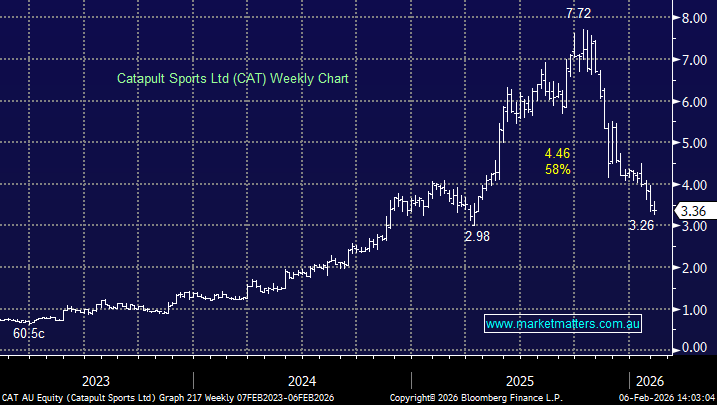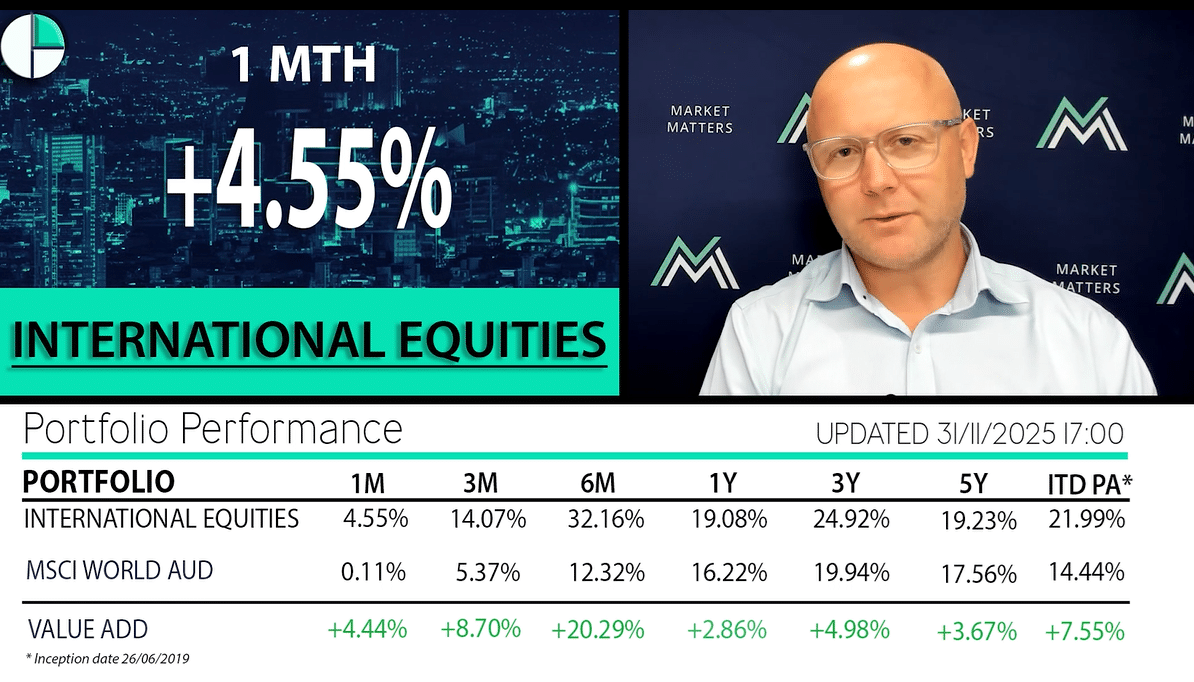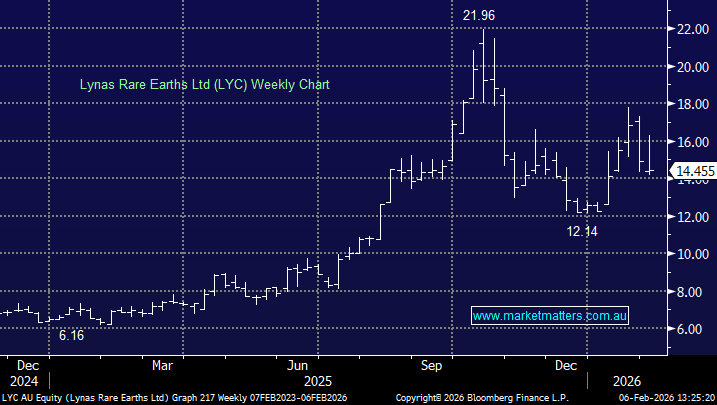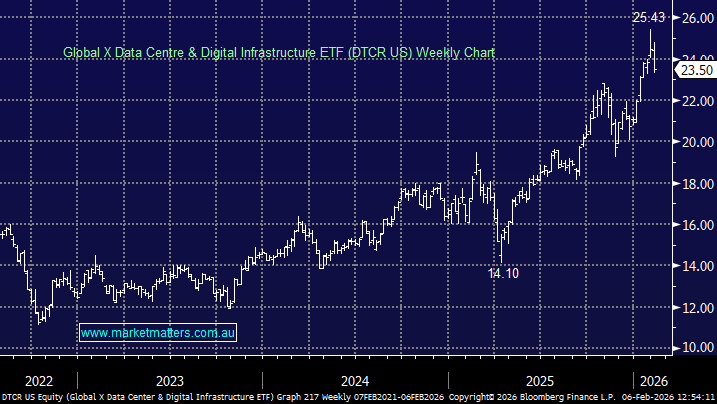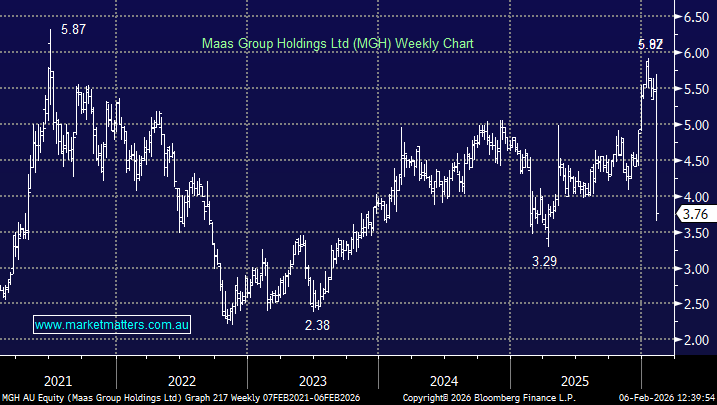ETF Providers
Hi James, My question is regarding the reliability of the issuer with respect to ETF’s. They are not immune from a closure due to market factors so when choosing an ETF what importance should we place on the choice of the ETF provider? Is this an important factor in ETF investment and how do we assess their bona fides? Is there a way of finding out the track record of providers? Those that have a strong history of avoiding closures and those that have had a problematic history with closures. Looking forward to your opinion. Cheers John


